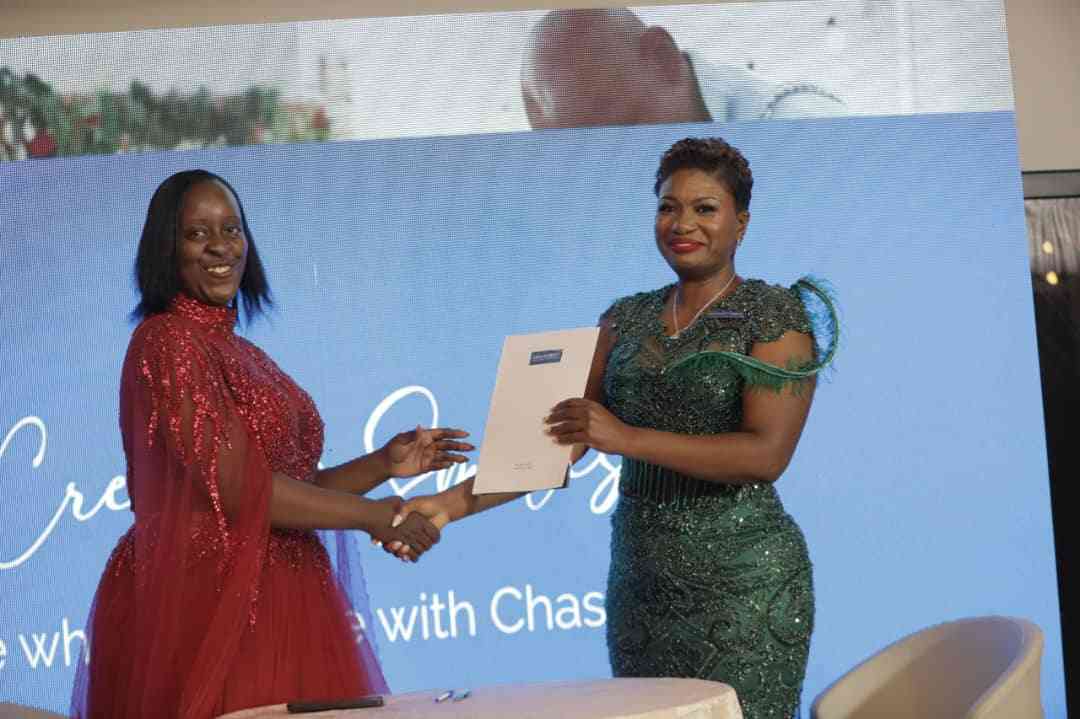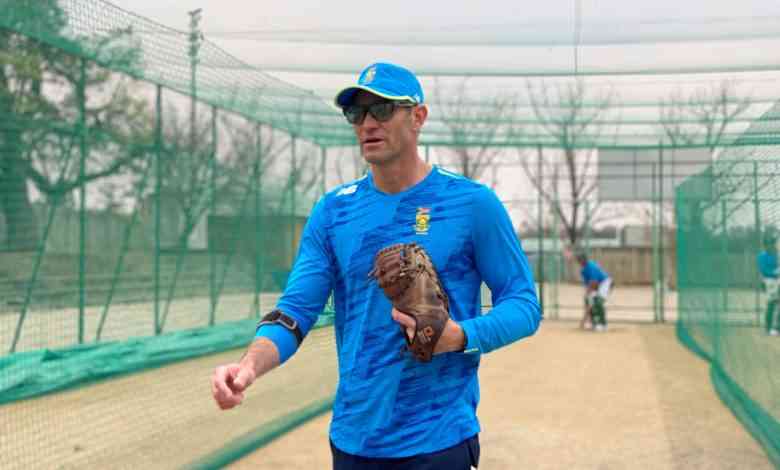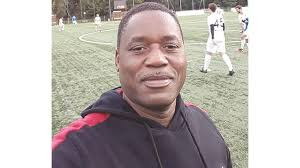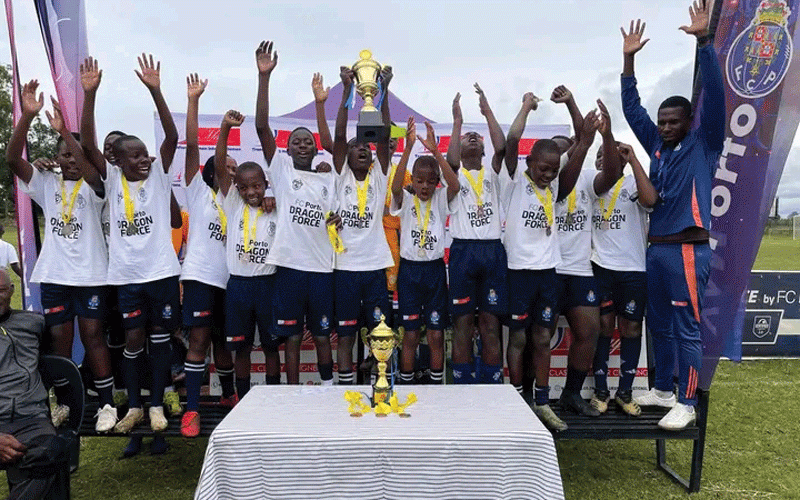
KM: YOU are a karate world champion, and recently you were voted Zimbabwe’s best sportsperson for 2009. How do you feel about this?
SM: It is always great to win national awards but international awards are even better because they put your country on the world map.
KM: Who is Sensei Samson Muripo?
SM: I am a complete grassroots Zimbabwean (laughs). I was born on 5 May 1978 in Chimanimani, Rusitu Valley in Chishiri village. I was born in a polygamous family. My father had four wives with 21 children. I am the first born and only boy from my mother’s womb. I went to Ndima primary and secondary schools in Chimanimani. After O level I attained the SAAA certificate in accounting. I did not proceed to higher levels because I wanted to pursue karate full time. At school I was a good athlete. I loved middle-to-long distance track events. I played soccer up to Grade 7. When I was in form one, the soccer coach did not pick me for the first team so I decided to quit the game. It was then that I started training karate under the guidance of the Zimbabwe Amateur Gymnastics Association.
KM: Did you enjoy parental support?
SM: My parents did not support me at first. Like many people my mother wrongly associated karate with violence. Now that I am a world champion she has changed her mindset. She now sees the sporting side of karate.
- Chamisa under fire over US$120K donation
- Mavhunga puts DeMbare into Chibuku quarterfinals
- Pension funds bet on Cabora Bassa oilfields
- Councils defy govt fire tender directive
Keep Reading
KM: Are you married?
SM: Yes, to Lisa Chamboko and we have a daughter Hannah Nokutenda who is 18 months old. The two are my inspiration.
KM: When was your major breakthrough?
SM: I think my major breakthrough came when we opened the Mas Oyama Dojo at Raylton Sports Club in 2005. Although we struggled financially, we survived through contributions from our members and well wishers. All our members contributed, from the chairperson downwards. As the technical director it was decided that I should go to Japan for technical enhancement and I went there for three weeks in 2006. By this time Homegate Furnishers and Fashion Stores, who have become our traditional and reliable sponsors, assisted me financially to fulfil the trip. I trained for three weeks in Japan under the guidance of Shihan Daigo Ohish. In the same year, I participated in an international tournament in Cape Town. I scooped the gold medal. From then on I won gold in every international tournament I participated in. On April 19 2008, I came first in the Last Man Standing Tournament in Cape Town. On August 30 2008 I won the Ashihara International Open Weight Sabaki Challenge in South Africa. The same year I also won the All Styles Full Contact Tournament in South Africa again. And finally in 2009 I won the world title in Japan, beating their own champion in the final.
KM: Which fights do you regard as your toughest?
SM: The fight against Wahid Ahmed of Afghanistan in the Ashihara International Open Weight Sabaki Challenge Tournament was the toughest. He was heavier by 23 kg and technically good. He used techniques such as grabbing that I had not encountered before and I had to be very resourceful to beat him. Then at the world champs the quarterfinal bout against Daniel Fox of Australia was really hard. The guy almost dislocated my shoulder but I managed to beat him. The win inspired me to become the first black African world champion and first person from this continent to be rewarded for the best technique.
KM: What is your vision for karate?
SM: With assistance from my colleagues in the Kyokushin Union, the corporate world and the government, I hope to set up a vibrant karate academy to tap young talent from the grassroots. Remember I am from the grassroots myself. I intend to groom young women and men who will become world champions.
KM: What have you gained from karate apart from the accolades?
SM: I have networked globally and through exposure I have learned to respect other people and their cultures.
KM: Word of advice to young sportspersons?
SM: They should have goals. For karatekas, discipline is the most important aspect. Remember a street fighter will never become a world champion. Genuine sportsperson should desist from using drugs. Drugs ruin sporting careers. Sportsperson should be proud of representing their countries. True sportspersons humble themselves. You should, like Christ, show humility everywhere. Christ was a very powerful person but he lived a humble life and died a humble death.










